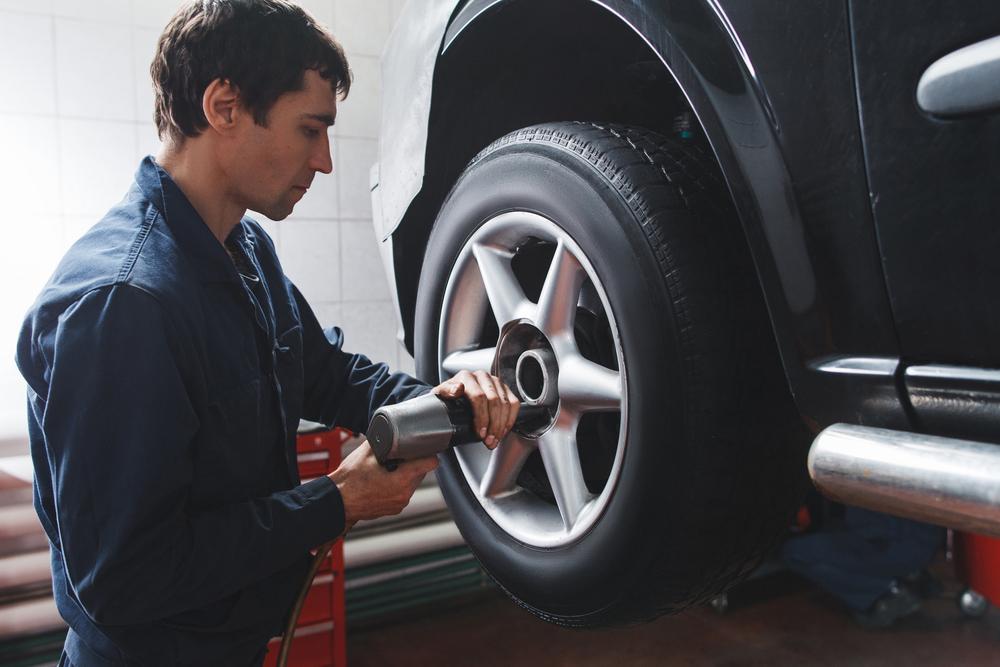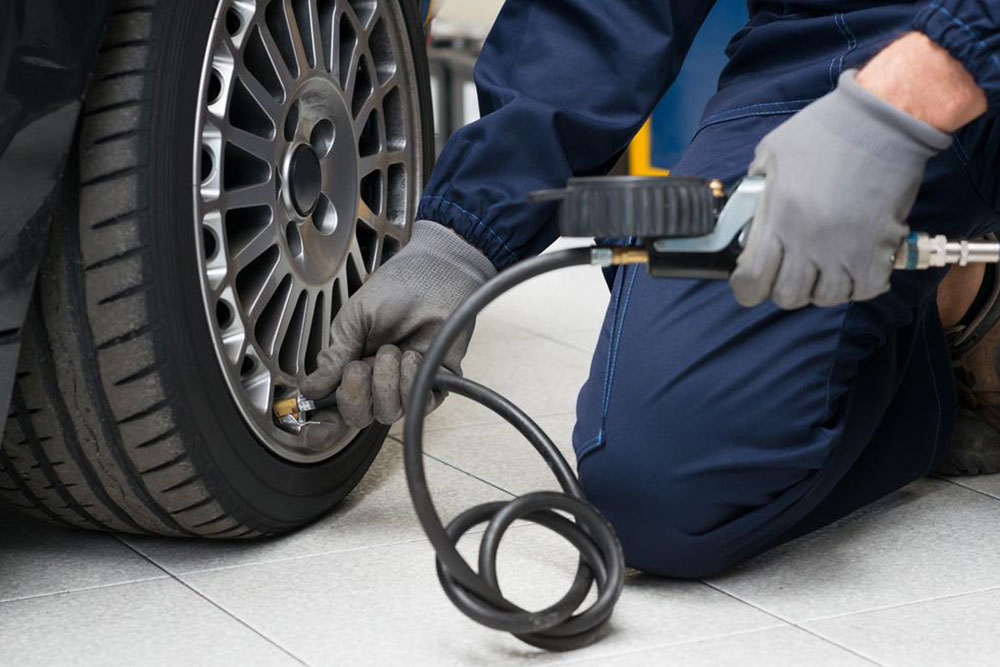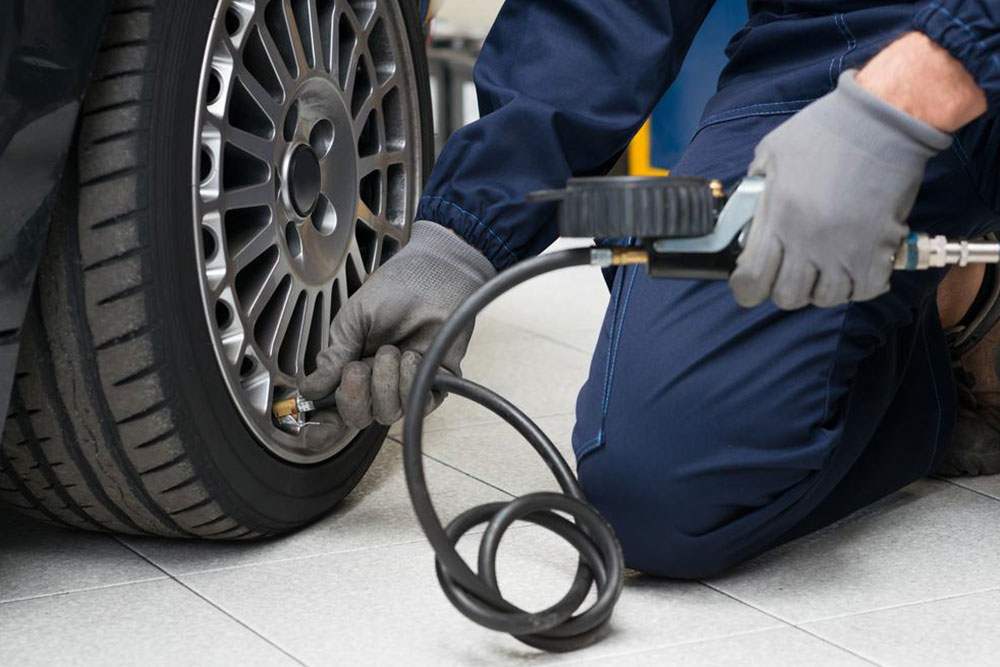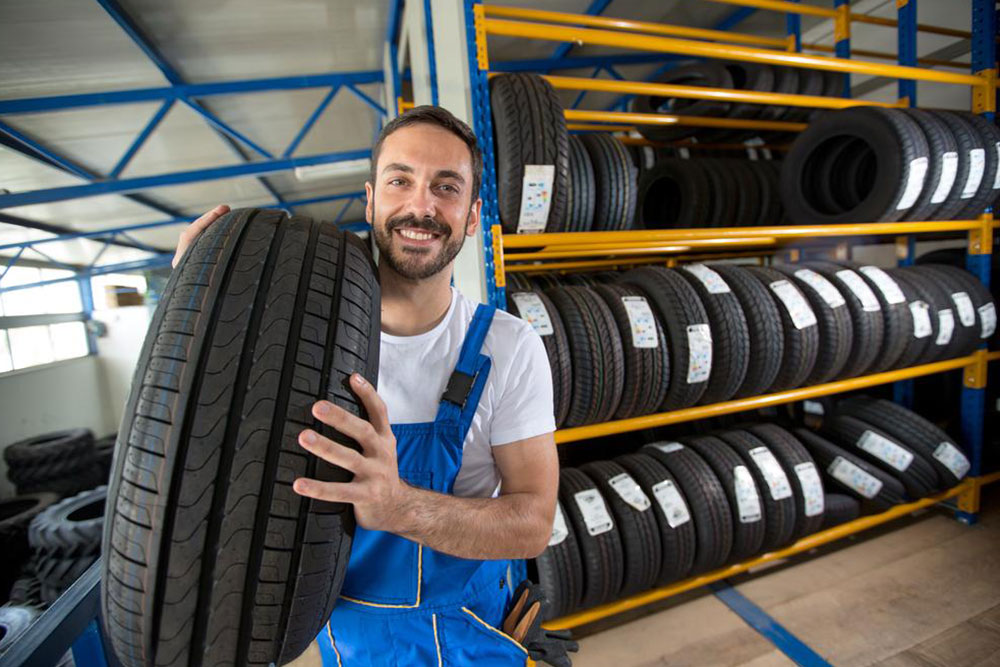Comprehensive Guide to Maintaining Your Car Tires for Optimal Safety and Performance
Ensure your vehicle's safety and efficiency with expert tips on maintaining car tires. Proper tire care extends lifespan, improves fuel economy, and enhances handling. Learn essential practices like correct inflation, regular inspections, safe driving habits, and timely replacements. Invest in tire health to reduce costs and prevent accidents. This detailed guide provides practical advice for all drivers aiming for optimal performance and safety on the road.
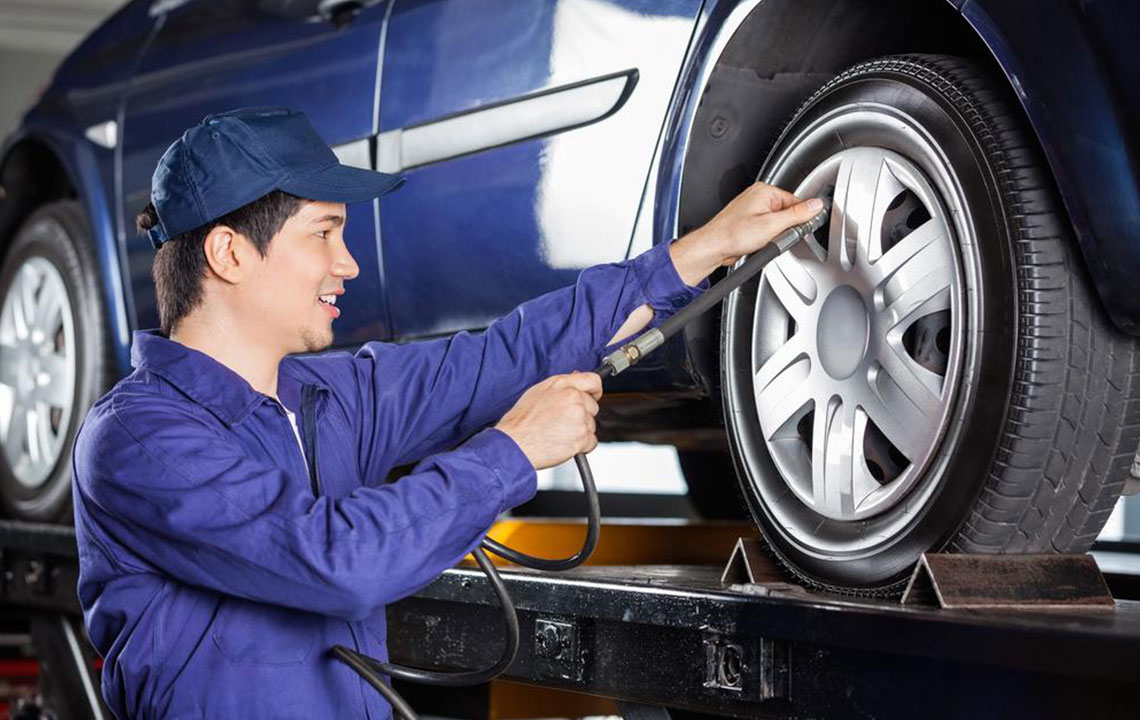
The Significance of Proper Car Tire Maintenance for Enhanced Vehicle Safety and Efficiency
Maintaining your vehicle’s tires is an essential aspect of responsible car ownership. Proper tire care not only extends the lifespan of your tires but also ensures your safety on the road and contributes to overall vehicle performance. From correct inflation to regular inspections, each step plays a crucial role in preventing accidents, reducing costs, and maximizing efficiency. This comprehensive guide covers all vital aspects of car tire maintenance, offering you practical tips and insights to keep your tires in top condition.
Understanding Tire Longevity and Durability: One of the primary factors in tire maintenance is ensuring they are correctly inflated and regularly rotated. Properly maintained tires are designed to reach their full lifespan without issues, saving you money and preventing untimely replacements. Under-inflation and over-inflation, both common mistakes, can significantly expedite tire wear—by approximately 20%—which leads to decreased durability and safety risks. Manufacturers usually specify acceptable PSI levels based on various factors, including vehicle weight, tire type, and driving conditions. Regularly checking and maintaining these pressure levels is key to extending the life of your tires.
Since tires are the only part of your vehicle that contacts the road, their condition directly impacts handling, safety, and overall driving experience. Proper tire care is crucial for maintaining optimal grip and reducing the risk of accidents caused by tire failure or imbalance.
Fuel Efficiency and Cost Savings: Well-maintained tires also contribute significantly to fuel economy. Under-inflated tires increase rolling resistance, requiring your engine to exert more effort to move the vehicle. This increased effort results in higher fuel consumption, costing you more with each trip. Conversely, correctly inflated tires provide lower rolling resistance, enabling the engine to operate more efficiently, which translates into savings at the pump. Regularly monitoring and adjusting tire pressure according to manufacturer recommendations can lead to noticeable improvements in fuel efficiency, saving hundreds of dollars annually.
To keep your tires in optimal condition, consider adopting the following practices:
Schedule routine inspections: Regularly examine your tires for signs of uneven wear, cracks, embedded objects, or other damage. A professional inspection during routine servicing can detect early issues before they become severe.
Maintain correct PSI levels: Follow the vehicle manufacturer’s guidelines for tire pressure, adjusting as needed based on load and driving conditions. Use a reliable tire pressure gauge for accuracy.
Practice safe and smooth driving: Avoid aggressive acceleration and high-speed driving, which can cause uneven tread wear and imbalance. Smooth driving habits extend tire life and improve safety.
Manage load properly: Do not overload your vehicle beyond its recommended capacity. Overloading increases stress on tires, causing faster deterioration and increased risk of blowouts.
Beyond these tips, periodic tire rotation, wheel alignment, and balancing are crucial for uniform tread wear and maintaining proper handling. Investing in quality tires and replacing them at appropriate intervals is essential for ensuring safety and performance on the road.
In conclusion, diligent tire maintenance is a key component of vehicle care. By keeping tires properly inflated, regularly inspecting their condition, and adopting safe driving practices, you can improve your vehicle’s safety, efficiency, and longevity. Remember, your tires are not just rubber circles—they’re your essential link to safe, economical, and enjoyable driving experiences.
